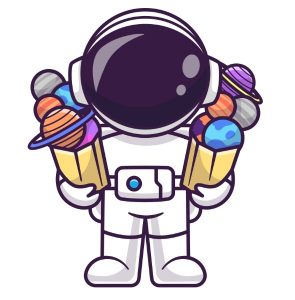Which industries can benefit the most from SEO? While all...
Should businesses use Chat GPT to create blog content?
Today I want to discuss the use of AI, specifically ChatGPT, in creating blog content for your website. While AI offers tempting shortcuts for generating content, relying on tools like ChatGPT might not be the best strategy for increasing your organic traffic from Google. Let’s understand why.












